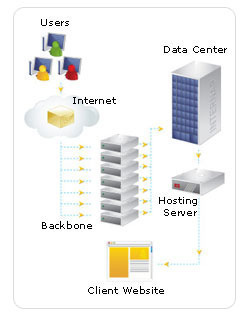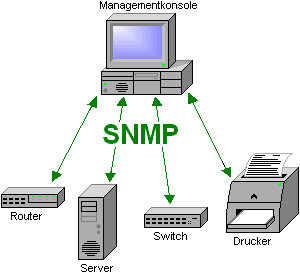In 2005, the one billionth Internet user logged on to the World Wide Web. Hundreds of thousands of new users log in for the first time each week. It is estimated that the 2 billion user mark will be reached in less than 10 years from now. There is no question that the World Wide Web is growing and becoming more important each day.
More than ever, individuals and companies rely on the stability of the Internet for a constant exchange and display of important information. Virtually every financial institution in the world stores information on and uses the Internet to shift commodities and allow customers access to their funds. Millions of businesses rely on the web as their lifeblood and direct connection to their customer base. Critical information is exchanged between institutions of higher learning, hospitals, and research facilities. It is indisputable that the importance of a redundant, reliable Internet is crucial in modern times.

The Internet backbone is a conglomeration of multiple networks, routing facilities, and servers that provide a multiple redundancy approach to keeping information online available and secure. Simply put, it enables back up networks to take on the load of a failed network or multiple failed networks.
Each ISP (Internet Service Provider) is equipped with its own contingency backbone network or is at least equipped with an outsourced backup. These smaller networks are interlinked and intertwined to provide the multi-faceted backup redundancy needed to keep the web intact in case of partial failure through peering and transit agreements.
Peering is the term assigned to the sharing of Internet traffic and users voluntarily by multiple networks, typically privately owned by companies. Peering typically refers to these networks being shared with no monetary gain being obtained by their owners. Rather, an agreement is made between multiple parties to handle each other's traffic in times of need, with each network gaining its revenue from its own customer base. A transit agreement is a particular type of peering arrangement between ISPs that may contain a monetary agreement. Generally larger ISPs will create multiple transit agreements with smaller ISPs that are in need of additional facilities than they possess.
With each passing year, the importance of the World Wide Web and its contents increases exponentially. As more users log on each day, the need for a worldwide redundant communication and storage network becomes more imperative to effective and reliable commerce and stability. The backbone of the Internet will continue to evolve and progress in relation to increased needs of the world economy and interconnectivity of its users.




Follow Us!